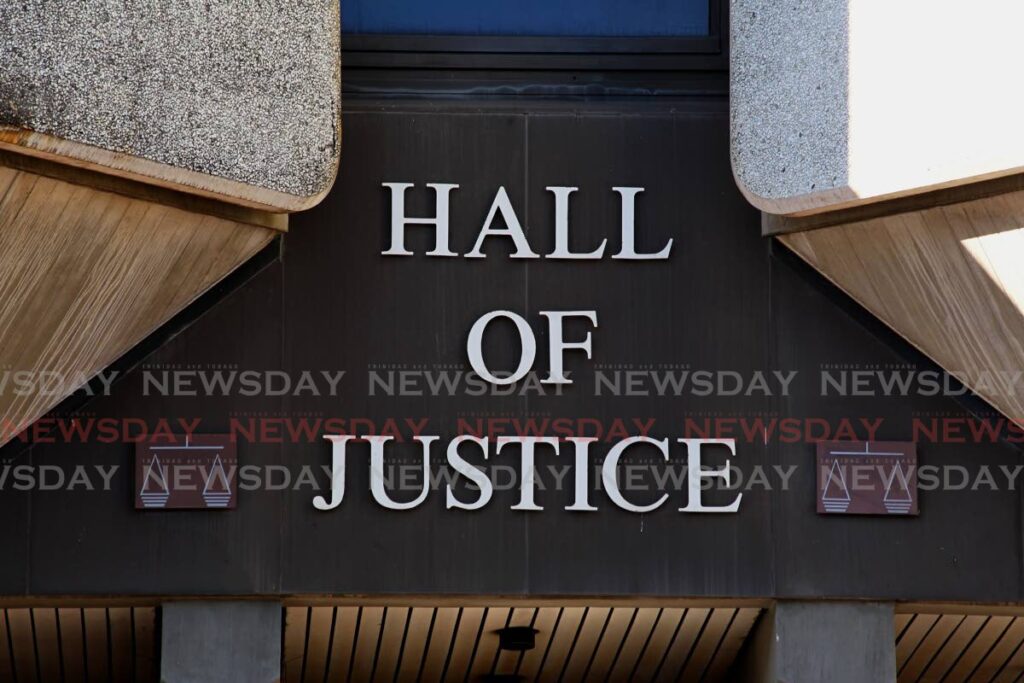Judicial musical chairs

RECUSAL – the process by which a judge withdraws from a case because they have a stake in it or because of the strong possibility of bias – is a routine part of any judicial system. In a society as small as ours, conflicts of interest are to be expected; it is a good sign when judges step down because it shows a commitment to upholding the conventions designed to bolster confidence in the judiciary.
But the musical chairs that played out this week in relation to the highest levels of the Supreme Court is an entirely different matter.
The belated discovery of conflicts by some of the most senior jurists in the land and the fact that a high-profile case involving allegations of wrongdoing in public life must now be placed before a third set of judges do not augur well for the administration of justice.
If a panel of the Court of Appeal, yet again, had cause to deem the conduct of our politicians out of order, it is the judiciary itself which today stands accused of such seeming backwardness.
We say this not because we wish to scandalise the court system. Rather, it can be argued that it is the court that has inadvertently done that to itself.
For a judge to insist, in a special personal statement, that a spousal connection to politics is entirely irrelevant is unfortunate. For a justice of appeal to discover only on the eve of a ruling that they have family ties to one of the parties is beyond belief. For a serious lawsuit to hop around, like a hot potato, from panel to panel at the Court of Appeal is ludicrous.
And for all of this to come to a head in the same week is at odds with the seriousness expected of the Hall of Justice.
There needs to be more transparency in terms of how cases are docketed. Reportedly, the system is computerised and random. It is supported by a committee which has a role should a judge be unable to preside.
What checks are done and what support is offered to judges in ascertaining possible conflicts is unclear.
None of this is assisted by the fact that judges have not been encouraged to disclose assets and interests to the public under the relevant statutory provisions which generally apply to people in public life.
Meanwhile, the developments relating to the Estate Management Business Development Company Ltd’s “cartel” case only heighten the sense of such matters being difficult to bring to any satisfactory conclusion. As with the infamous Piarco cases, part of the reason for this is arguably the overreach of politics.
In this regard, greater levels of transparency might be the best antidote available to insulate the judiciary from interference in its affairs, come what may.


Comments
"Judicial musical chairs"